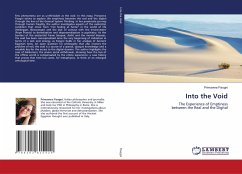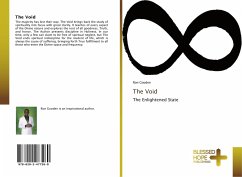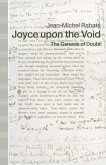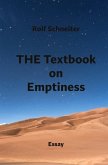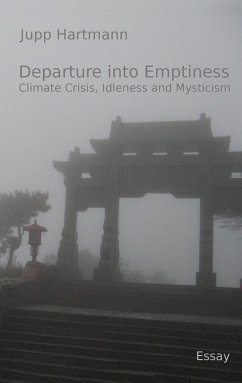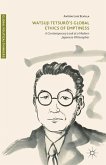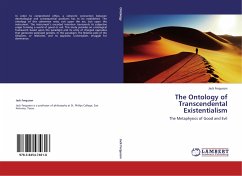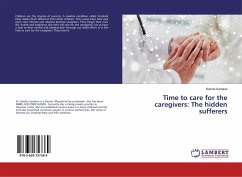Few phenomena are as unthinkable as the void. In this essay, Primavera Fisogni strives to explore the emptiness between the real and the digital through the lens of the General System Thinking. In her passionate journey through human fragility, the author investigates aspects of the existential condition that move from "not feeling at home" in the world of life (Heidegger, Binswanger) and the lack of contact with the environment (Pope Francis) to derealization and depersonalization in psychiatry. At the borders of the existential frame (despair, sloth) and the mental diseases, the void has been conceptualized since the very beginning of civilization in terms of a lack and energy, as Fisogni holds in her analysis of Ancient Egyptian texts. An open question for philosophy that also involves the problem of evil, the void is a source of a special, opaque knowledge and a valuable key for the access to the digital domain. The author highlights the case of hikikomori, the severe social withdrawal, showing how the loss of the offline world is compensated by the online experience: a case history that proves that time has come, for metaphysics, to think of an enlarged ontological view.
Bitte wählen Sie Ihr Anliegen aus.
Rechnungen
Retourenschein anfordern
Bestellstatus
Storno

